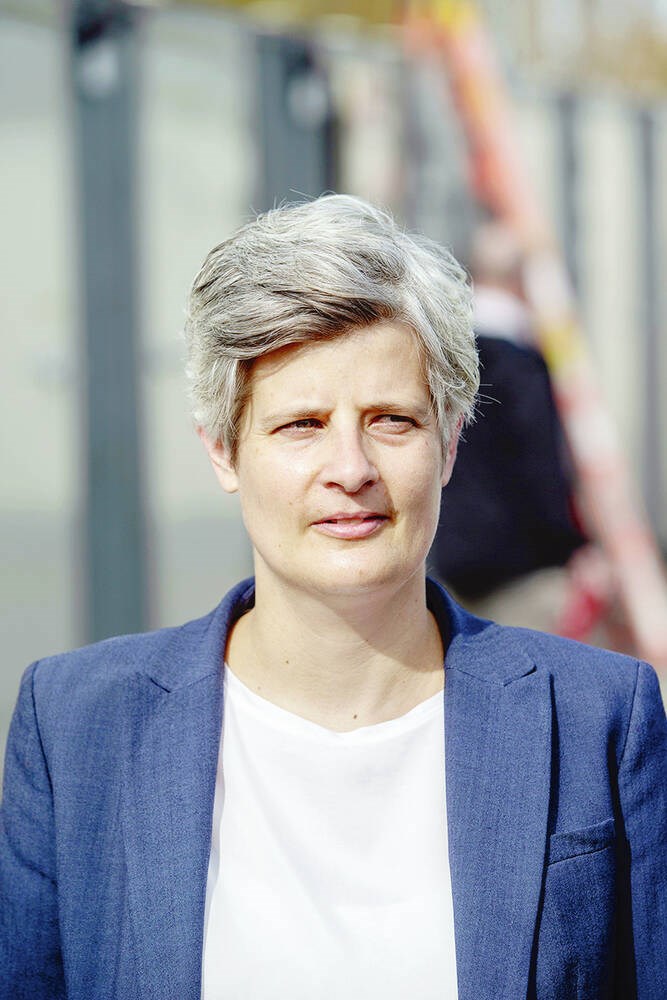On the sixth anniversary of the overdose crisis being declared a public health emergency in B.C., Victoria Mayor Lisa Helps says the province has the ability to act swiftly and effectively on toxic-drug overdoses, as it did on COVID-19 vaccinations.
More than 90 per cent of British Columbians were fully vaccinated against COVID-19 in just over a year, Helps noted in a statement. “We know there is capacity for action,” she said, adding the same level of commitment and action is required to get safe prescription supply into the hands of those who need it, “so that a substance-use disorder is treated like a medical issue, rather than a criminal issue.”
The province’s chief coroner says 9,400 people in the province have died of an overdose from toxic illicit drugs since the government declared the public health emergency.
Victoria city council has urged both the federal and provincial governments to create more treatment beds, implement safe supply and decriminalize small amounts of drugs for personal use.
“The supply of illicit drugs in Canada has become so toxic — so poisoned and tainted with fentanyl — that we cannot hope to address the escalating death toll without providing access to a safe, medically regulated drug supply,” said Helps.
B.C. Coroner Lisa Lapointe said earlier this week that urgent action is needed to decriminalize small amounts of drugs for personal use and to provide more people with a safer supply of substances that would replace the profit-driven illicit market.
Lapointe said she understands that the concept of a safer drug supply is difficult for some people to understand, given decades of a punitive, enforcement-based approach to substance use, but more people will die without a regulated source of drugs in every part of the province.
An average of six people die every day in B.C. of drug overdoses, with most of the fatalities in Vancouver, Surrey and Victoria, she said. Preliminary data show at least 174 people died in February from overdoses.
“The deaths of another 174 B.C. residents, so many of them young and middle-aged men with years of life ahead of them, is yet another reminder that urgent action is needed on a province-wide scale,” Lapointe said in a statement.
Mental Health and Addictions Minister Sheila Malcolmson said Tuesday that the overdose crisis “continues to deepen, despite everything we’re throwing at it.”
The province has added more options for medication-assisted treatment, inhalation overdose prevention and community-driven harm-reduction measures.
B.C. is a national leader on prescribed safe supply and decriminalization of those who use drugs, according to the province.
The Mental Health and Addictions Ministry said that from March 2020 to December 2021, a safer supply has been accessed by more than 12,000 people, with 7,000 of them getting a prescription opioid.
In a joint statement Thursday, Premier John Horgan, Malcolmson and provincial health officer Dr. Bonnie Henry said progress in reducing the number of toxic-drug deaths in the province suffered a setback when the toxicity of the supply increased faster than new services could be established during the pandemic.
An all-party Select Standing Committee on Health was put in place earlier this month to work on solutions.
A coroner’s report earlier this year said 2,224 people in B.C. died of suspected overdoses in 2021, the most ever recorded in a year. That’s up 26 per cent from 2020.
-with a file from Canadian Press



